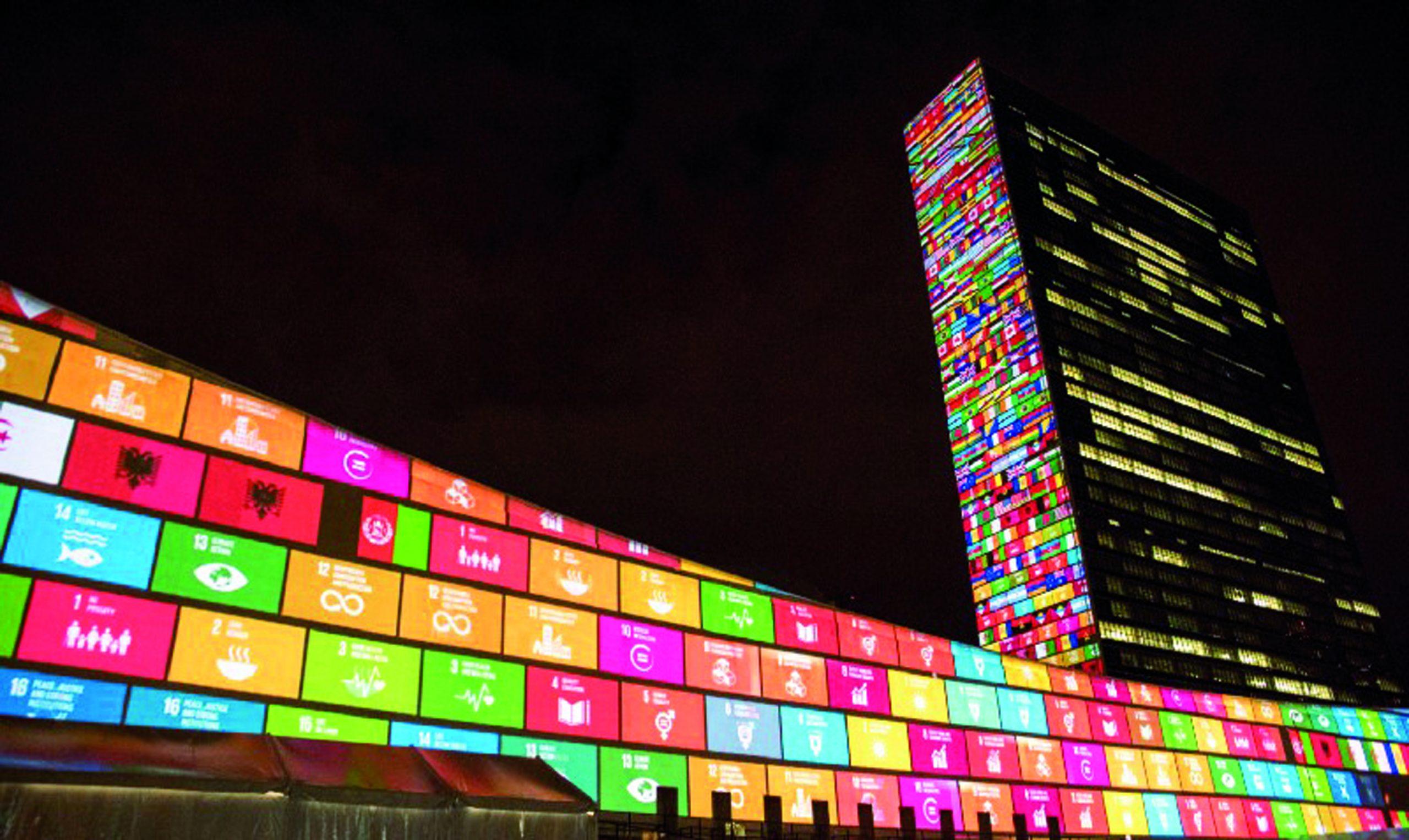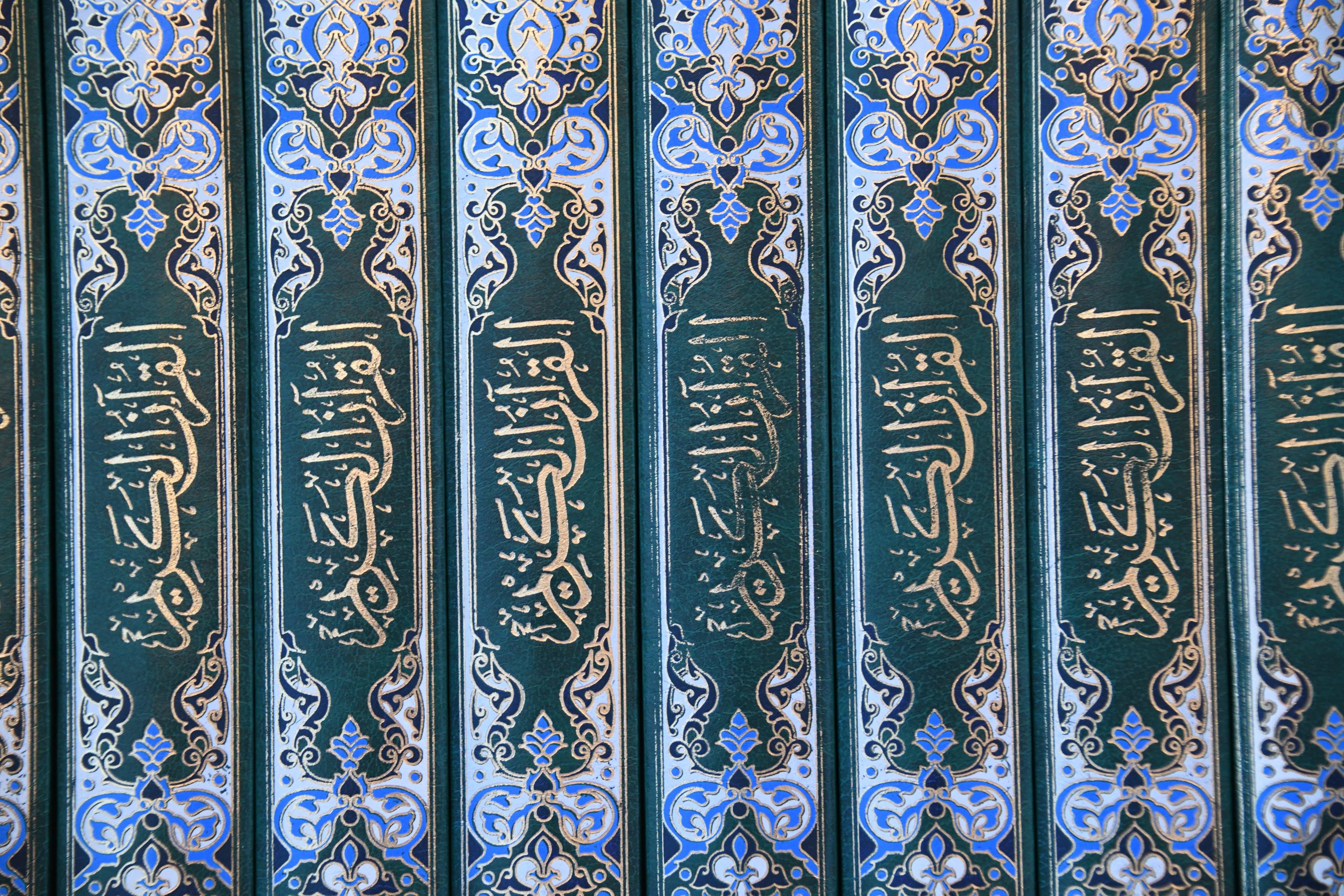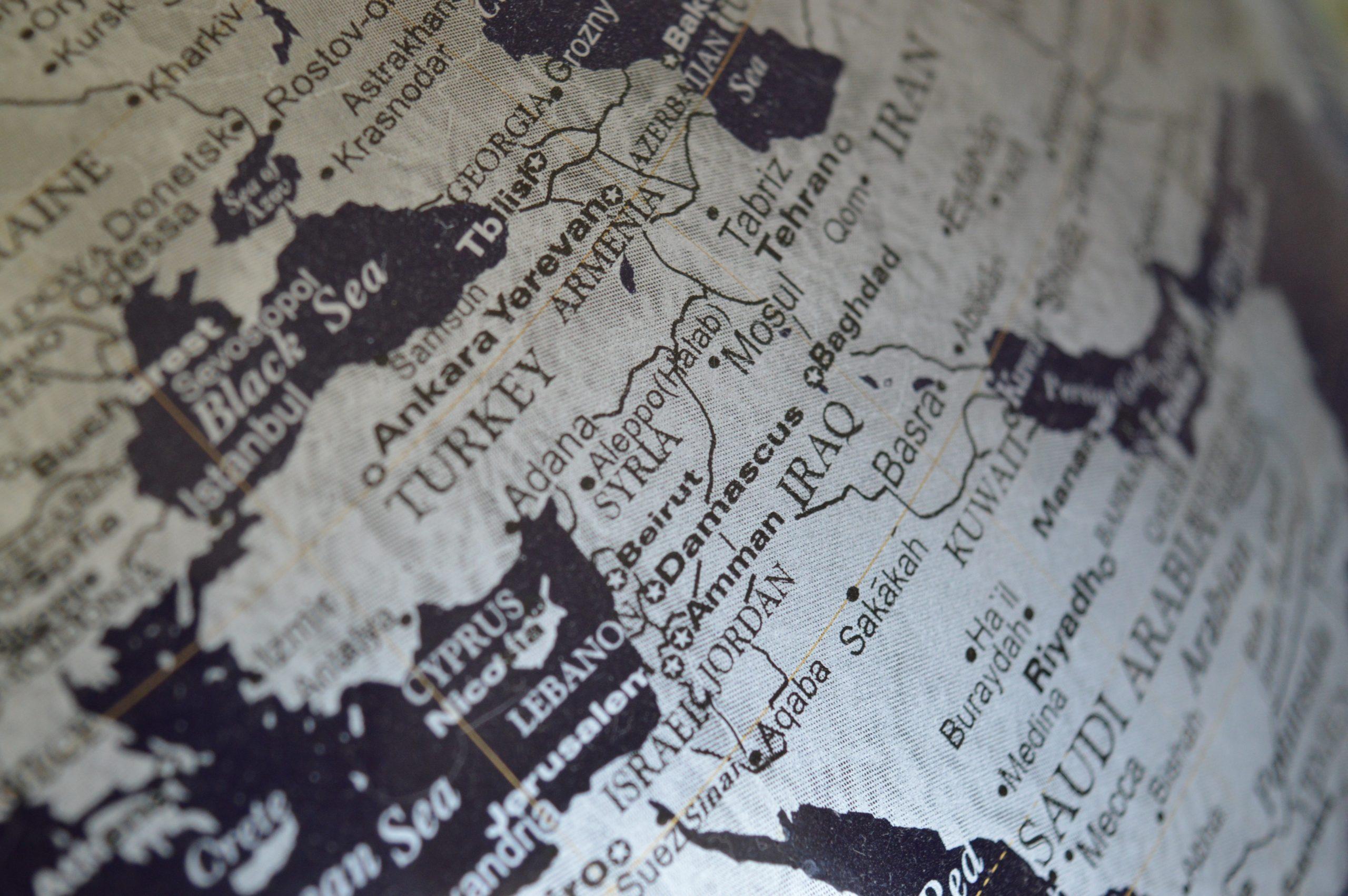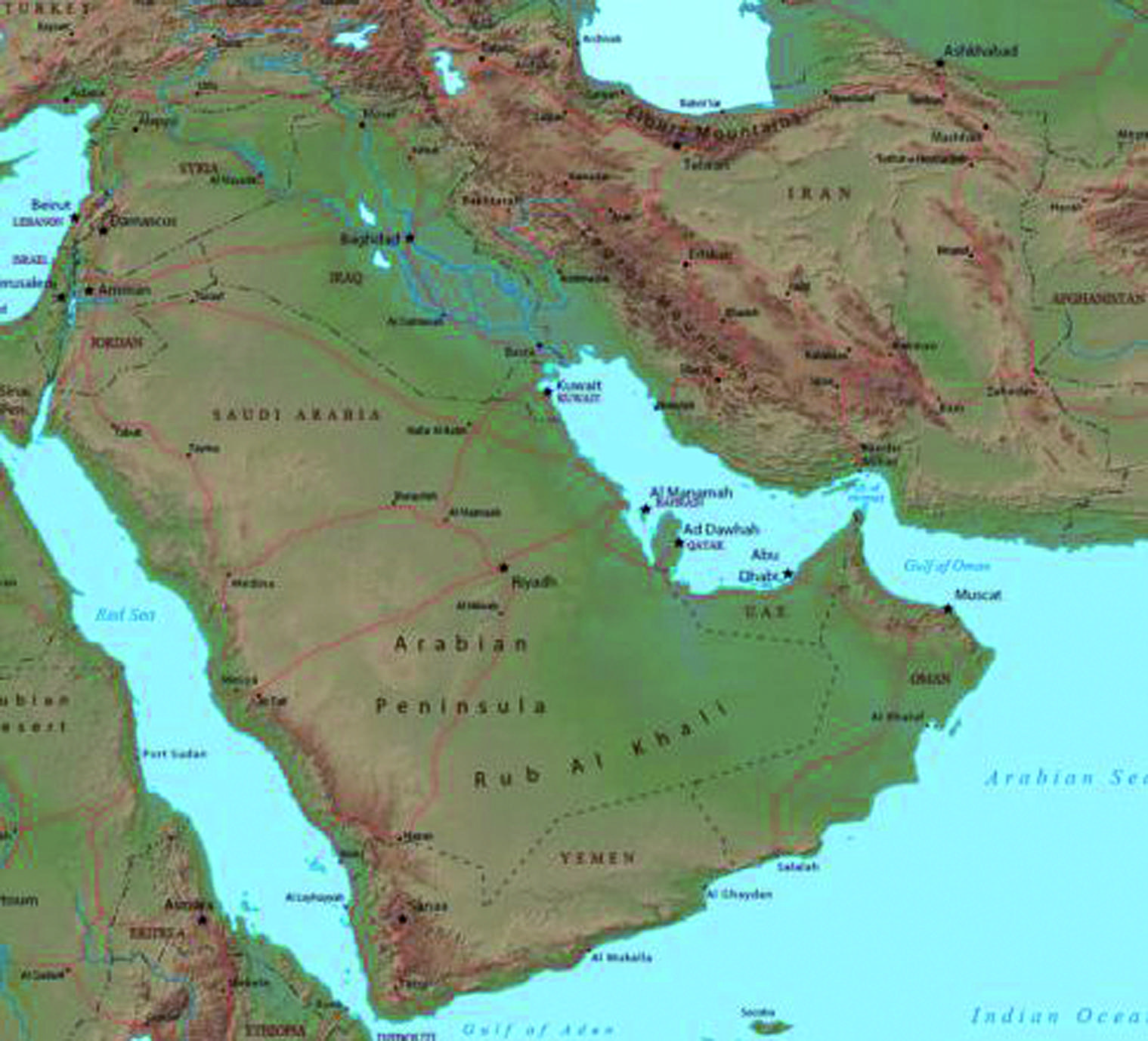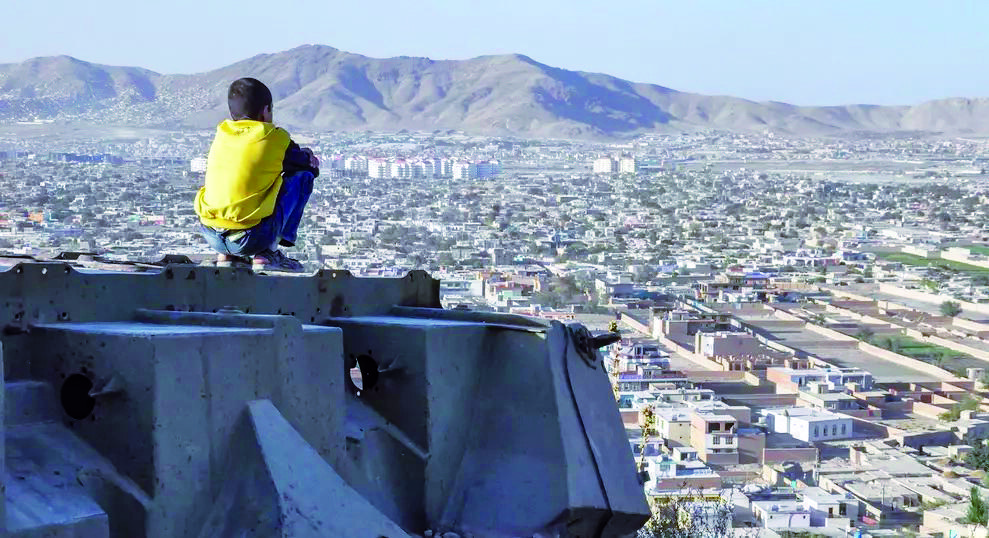ORIENT I 2017: Climate change and water politics in the Near and Middle East
Purchase the full Issue here:
26,00 € incl. VAT plus Shipping CostsSelect options This product has multiple variants. The options may be chosen on the product page
Access Issue with Subscription:
Editorial
Dear ORIENT readers,
Due to the dramatic events in Syria and Iraq we have mainly focused on politics and the humanitarian disaster of late. In this issue we will deal with environmental problems, which are often overlooked in the current political crisis.
Across the region, the summer of 2016 has broken decade-old heat records. High temperatures, continuing droughts and water scarcity are among the most pressing issues that many countries of the Near and Middle East face today. Moreover, it is a complex topic in which many interrelated factors and variables come into play – it is, however, a subject matter of indisputable importance. This edition of Orient aims to provide insight into relevant aspects of climate change and water politics in the Near and Middle East.
These questions lie at the heart of this issue. First, Dr Mohammed Qader introduces the water-energy nexus and the importance thereof. Subsequently, Prof Nadim Farajallaoutlines the potential – and necessity – for sustainable water management in the region, further expanding the view to the water-energy-food nexus. Prof Ayşegül Kibaroǧlu delves into cross-border water management as conflict prevention, focusing on the Euphrates-Tigris basin. Following this, Dr Myriam Saadé-Sbeih and Prof Ronald Jaubert explain the steppe policies of Syrian governments and their impact, before Dr Balgis Osman Elasha shifts the focus to North Africa, explaining the consequences of climate change there. Dr Quentin Wodon then raises the topic of migration, examining the relationship between climate change and people leaving their homes, after which Tobias von Lossow explains how water was weaponised during Syria’s and Iraq’s civil wars. lastly, Tobias Zumbrägel analyses how environmental policies in the Arab Gulf states have been used for political legitimation.
I hope that this latest publication of our journal provides you with valuable insights and different perspectives on climate change and water politics in the region.
I wish all readers a happy new year 2017!
Dr. Gunter Mulack
Director of the German Orient-Institute

